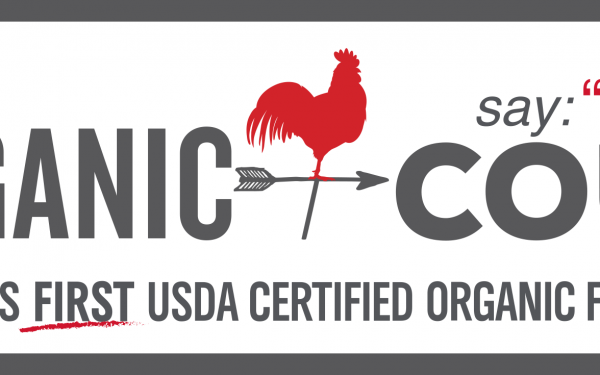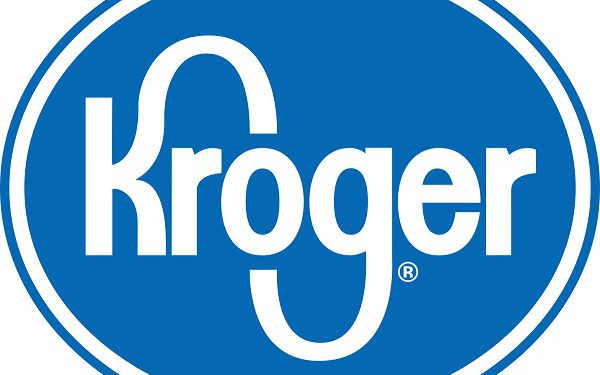Which is more important: Local or organic sourced foods?
According to a recent study made on organic and non-organic foods in Germany, it was revealed that consumers are more interested in knowing whether foods are locally sourced or not than knowing whether foods have organic source or not.
The study, published in Appetite, explained the differences in consumers’ behavior and willingness-to-pay (WTP) values between consumers who prefer organic production of food to locally processed foods and those who consider it the other way round. The research further exposed that organic-minded consumers have a stronger preference and estimated WTP for both local and organic processed foods.
Generally speaking, the study showed that locally sourced foods, as opposed to foods from non-EU States or neighboring countries, is preferred to organically sourced food by both consumer groups. This illustrates that organic-minded consumers don’t only consider organic sourced foods as important, but are also interested in locally foods in a purchase situation.
The team added that organic-minded consumers (OMC) judgments are;
-
-
- That organically sourced foods are the most superior.
- That locally sourced foods are preferred over those from far away, and
- That locally sourced foods are complements to organic foods in a purchase situation
-
Study details
The research panel conducted a test on German consumers’ attitudes as it concerns organic and local foods, their food purchase attitudes and their individual characters.
Consumers were grouped into two categories based on their own evaluation on the need to buy organically produced food – organic-minded consumers (OMC) and non-organic-minded consumers (NOMC). Computer-based surveys were carried out in eight grocery stores across Germany. Both consumer groups were tested using various choices of experiments comprising a no-choice option and a binding purchase decision.
“This study combines a consumer survey alongside an in-store, separate choice experiment,” the authors affirmed. There were able to found out that organic-minded consumers had stronger preferences and estimated willingness-to-pay values for both locally and organically sourced products.
Hence, the team finally came up with an assumption that the organic-minded group of consumers regards locally sourced foods as complements to organically sourced foods.
“Compared to NOMC, OMC are more likely to perceive organic food as healthier and tastier than non-organic food, confirming two important reasons for these consumers to favour organic food,” added the team.
“Nevertheless, OMC also have a higher preference for food produced as close to one’s home as possible compared to NOMC,” they reported – adding that the finding is similarly reflected in the analysis of the question regarding consumers’ confidence in products from different origins.
Indeed, the German team found that OMC are not willing to pay more for locally produced food as opposed to organically produced food when the alternative is a product coming from Germany (with the exception of butter), “but they are willing to pay more for a local product than for organically produced apples, butter, flour or steaks, if the alternative is a product from a neighbouring or a non-EU country.”
“This indicates that OMC take both product attributes into consideration and trade them off against each other, depending on the particular purchase situation, especially on the origin and production method of all available product alternatives.”
Source: FoodNavigator.com
Posts from the same category:
- Where to Live if You Want the Best Organic Produce
- USDA Releases Data that Reveals a Positive Future for Organic Food
- Healthy and Tasty: The First USDA-Certified Organic Fast Food Restaurant in the United States
- Kroger Reveals How Much Organic Foods Sells Each Year
- New Organic Fast Food Trend in California





